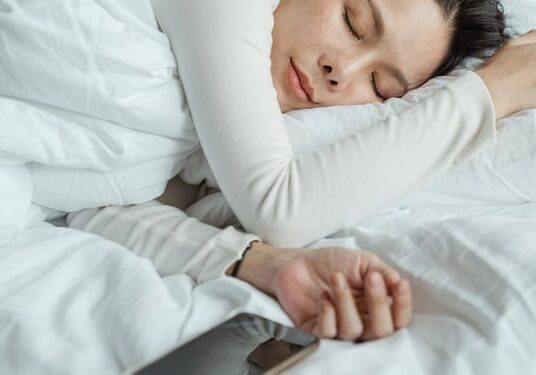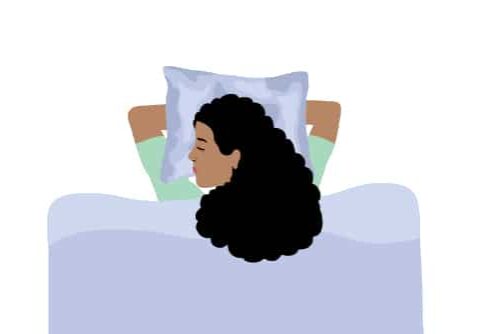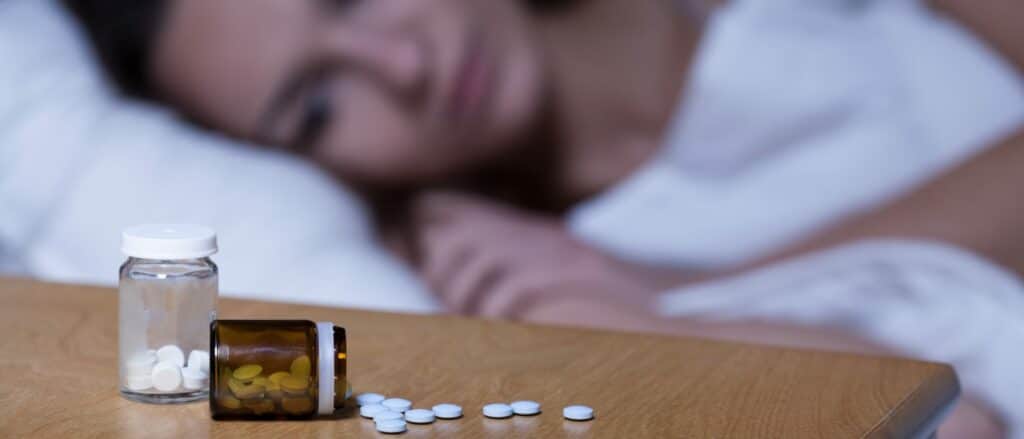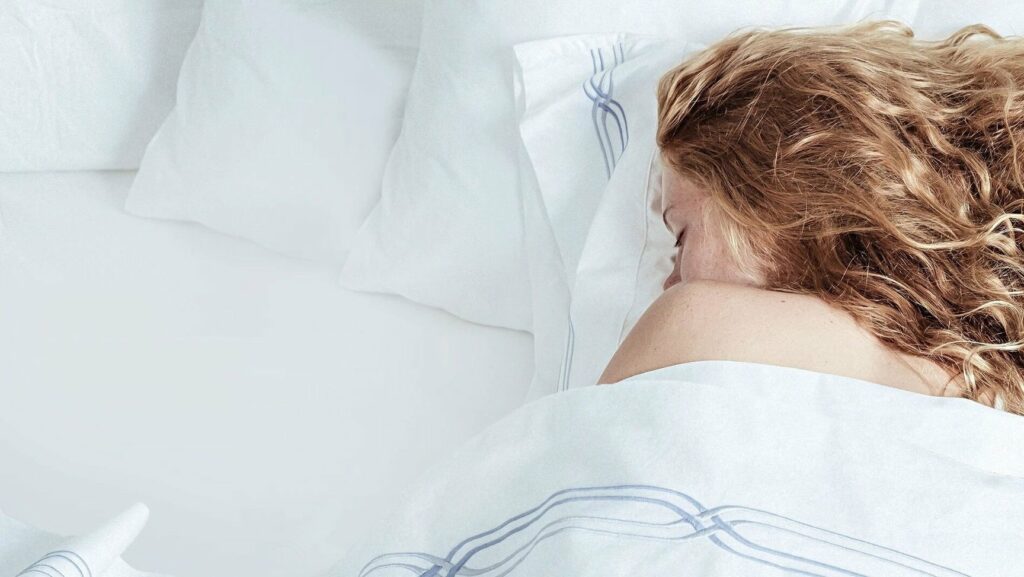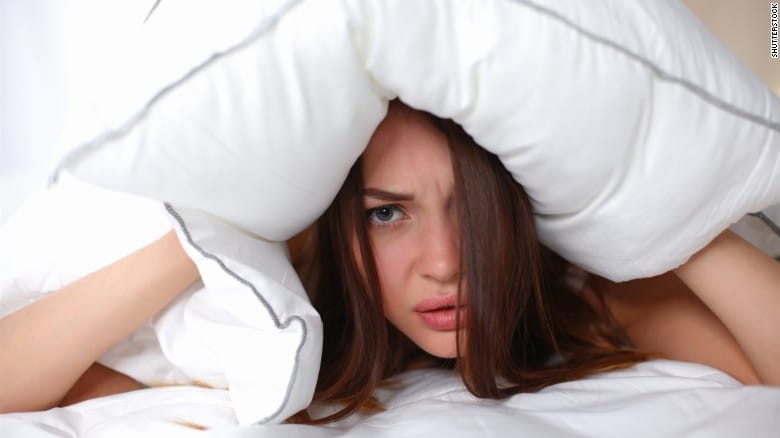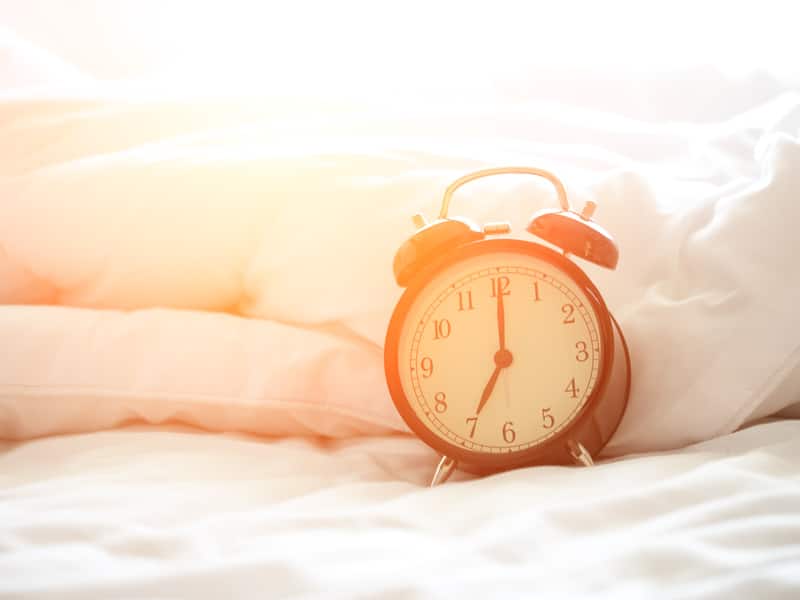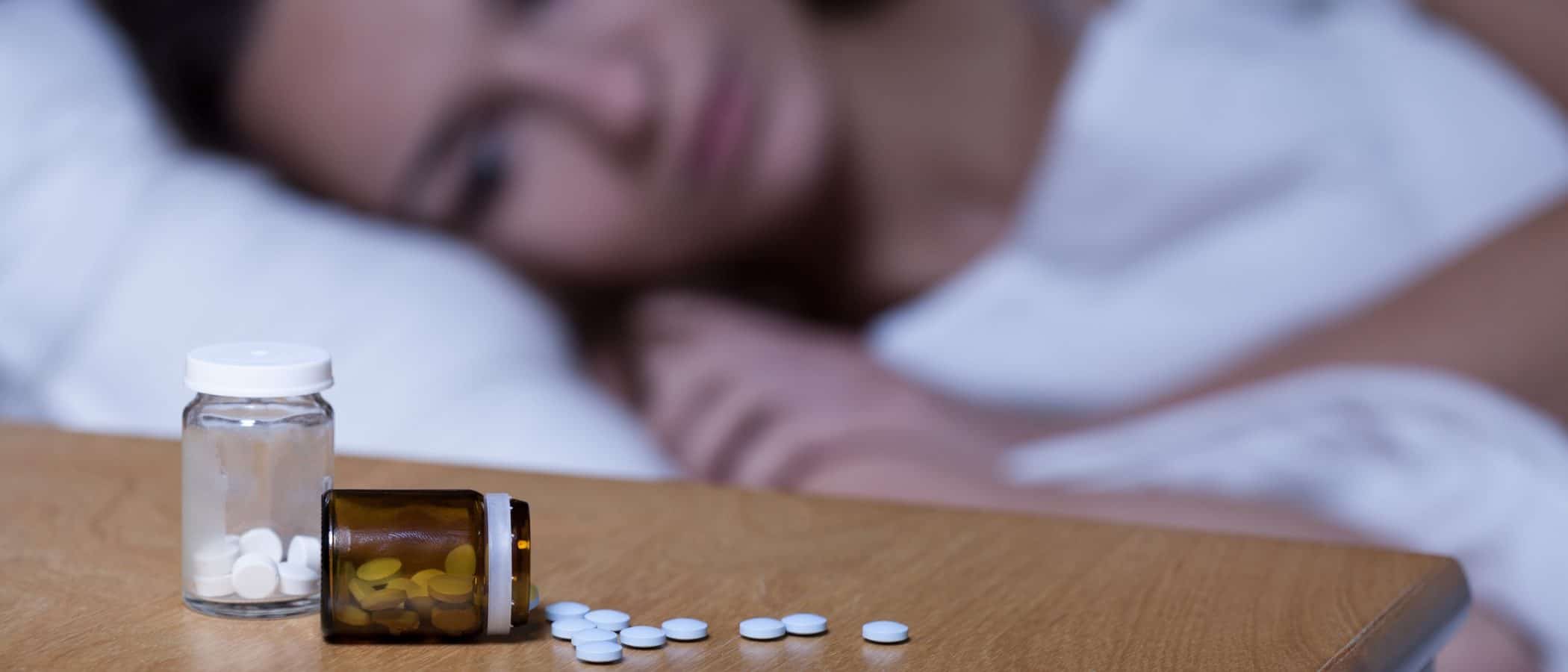
Sleeping Pills Addiction and Treatment
What are Sleeping Pills
Sleeping pills are usually only prescribed for short-term use in the treatment of insomnia. Taking sleeping pills for any length of time carries the risk of dependency issues and can leave users with long-term sleep issues and even abusive use disorders. Sleeping pills are one of the most easily accessible and commonly abused prescription drugs in the United States.
Commonly prescribed and abused sleeping pills include Ambien, Lunesta, Restoril, and Sonata.
Sleeping Pills Affect on the Brain
Originally sleep pills were formulated to improve a patient’s ability to fall asleep, and just
as importantly, stay asleep. However, as innocuous as sleeping pills sound, many do
not realize how easily physical dependence and tolerance can form.
Sleeping pills work on the gamma-aminobutyric acid (GABA) receptors in the brain, which
help control the level of alertness or relaxation in an individual. Selective GABA medications such as sleeping pills target only specific GABA receptor types more dedicated to promoting sleep.
Are Sleeping Pills Addictive
Sleeping pills fall into a category of drugs called sedative-hypnotics. They share this
category with benzodiazepines and have similar effects on the mind and central
nervous system. But rather than treat anxiety, sleeping pills are medications prescribed
by physicians to treat insomnia.
Overuse and abuse of sleeping pills will result in physical dependence, eventually leaving the individual unable to fall asleep without taking the drug. Building tolerance means the dose must keep increasing to achieve the same initial effects. The inability to sleep without more and more of the drug makes sleeping pills highly addictive.
Signs of Sleeping Pill Addiction
Sleeping pills are prescribed as a short-term solution for those who have insomnia.
They do not cure long-term sleep issues or anxiety. Taking sleeping pills for longer than
ten days can increase tolerance and the risk of physical addiction. Failure to take sleeping pills as prescribed often results in dependence.
Signs of abuse:
- Taking larger doses to fall asleep
- Trying to stop using and failing
- No interest in family, social, or professional obligations
- Depression and anxiety
- Craving sleeping pills
Sleeping pills are intended for oral use only
Crushing them up and snorting sleep aids to enhance effects is a sign of abuse and addiction.
Who Abuses Sleeping Pills
Anyone can become a sleeping pill addict. However, women are more likely than men
to use prescription sleeping pills. Older men and women and those with higher education are more likely to take prescription sleep medication, too. However, young college-aged consumers and those in high-pressure careers are also more likely to abuse sleeping pills.
Side-Effects of Sleeping Pill Addiction
Many people don’t realize the risks associated with prescription sleeping pills. As tolerance
develops, the effects of the medications diminish. Addiction to sleeping pills can form unnoticed, with the user only realizing they have a mental and physical dependence on sleeping pills when they miss a dose.
People affected by sleeping abuse addiction often experience:
- Slurred speech
- Anxiety and depression
- Uncoordinated movements
- Inability to focus
- Impaired memory issues
- Daytime drowsiness
- Needing larger doses to fall asleep
- Oversleeping
- Sleepwalking
- Facial swelling
Sleeping Pills and Alcohol
Often, individuals are addicted to more than one substance. Addiction to sleeping pills
and the consumption of alcohol perpetuates the problem. Each can be a trigger for the
other. Treatment will break the pattern and help the individual to take back control of their life.
Mixing Sleeping Pills with Alcohol is Very Dangerous
Warning labels on sleep medication bottles tell patients not to mix sleeping pills with alcohol. If both substances are used in combination, respiratory distress may occur. The effects of the sleeping pills intensify when combined with alcohol and other drugs. Mixing medications is always dangerous.
Sleeping Pill Withdrawal
Sleeping pill withdrawals are intense and can be challenging to overcome. Lack of sleep
is the primary withdrawal symptom that raises the risk of relapse.
Sleeping pill withdrawal symptoms include:
- Seizures
- Delirium
- Insomnia
- Body spasms
- Anxiety
- Confusion
- Hallucinations
- Headaches
- Nausea and vomiting
- Increased heart rate
Detox from Sleeping Pills
Withdrawal symptoms vary based on the severity and length of addiction. Some side-effects are just very uncomfortable, while others are life-threatening if not treated by a medical professional.
During medical detox, professionals will monitor, check vital signs, and ease withdrawal symptoms with medication. Detoxing in a medical facility is the safest and most effective way to treat sleeping pills addiction.
Sleeping Pill Withdrawal Symptoms
Withdrawal from prescription sleep medication has some common side-effects, most notably rebound insomnia and parasomnia:
Rebound Insomnia
Rebound Insomnia happens to those who are trying to detox off sleeping pills. Individuals often describe their sleeping patterns as unpredictable. Rebound insomnia makes it hard for patients to get a good night’s rest and can last from days to weeks. Rebound Insomnia is very common when trying to quit sleeping pills addiction without assistance.
Parasomnia
People who take sleeping pills long-term can develop a parasomnia condition— a sleep disorder that causes sleepwalking. The individual suffering from this condition is unaware and might not remember their activities. These individuals are at a high risk of harming themselves or others.
Therapies for Sleeping Pills
Often, many types of therapies are used in an addiction recovery plan. A commonly-used therapy type in the treatment of sleeping pill addiction is cognitive behavioral therapy (CBT). CBT reinforces the ability to learn healthy sleep habits without the use of drugs.
People who have been taking sleeping pills in high doses over a long period of time benefit
most from inpatient rehabilitation. Rehabilitation removes the individual from a triggering
environment where sleeping pills are accessible. Rehab begins the process of learning
healthy sleep habits, relaxation techniques, and self-care to manage the root of the problem.
Recovery from Sleeping Pills
Breaking an addiction to sleeping pills can be challenging without the right treatment
and support. Although one may try to break sleeping pill addiction at home, it is not always possible.
By seeking professional help as an inpatient at a rehab center, recovery is sustainable and the risk of relapse is lower.
Get in touch with us here at Addiction Rehab Center and let us help you. One of our treatment navigators can guide you to the right rehab program that is suited to your individual needs.
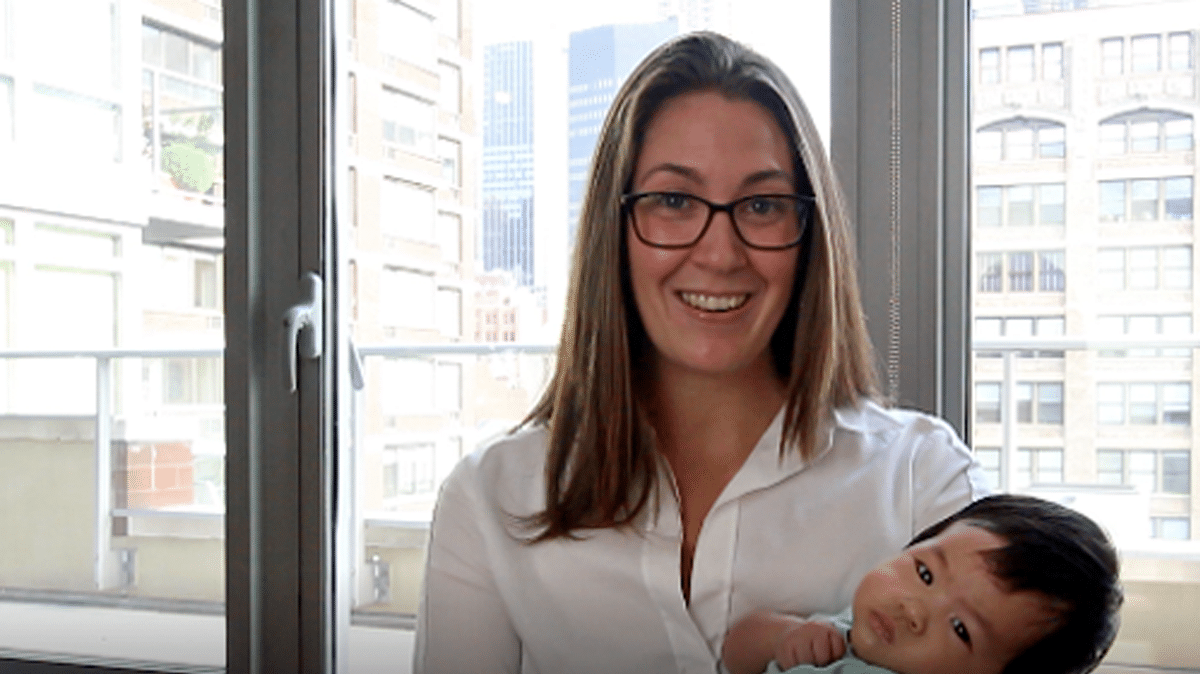
Don't just take our word for it.
We don’t take the term “sleep like a baby,” lightly. We know you don’t either. Want advice from a baby whisperer? Our sleep trainers understand.

